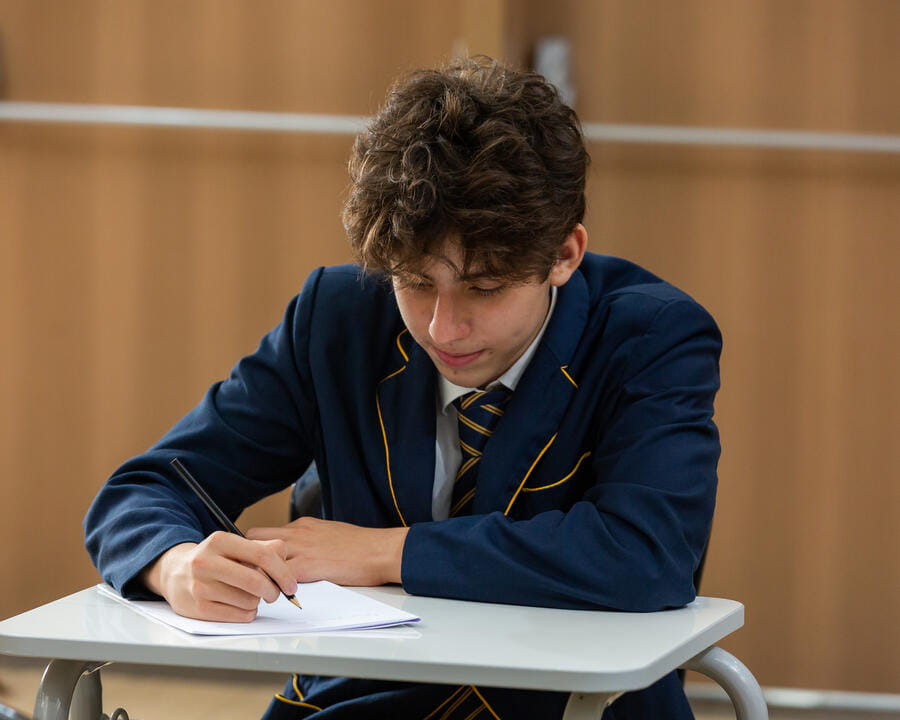IGCSE Exams
The Y11s only have about two weeks to prepare for their IGCSE exams. This is quite an interesting but also very demanding time for them - everyone remembers how stressful exams can be from back when we were in school ourselves.
The Y11s only have about two weeks to prepare for their IGCSE exams. This is quite an interesting but also very demanding time for them - everyone remembers how stressful exams can be from back when we were in school ourselves.
Then why do we make all our students go through this strenuous process?

Generally, exams are useful for a variety of reasons:
-
They give students an objective measure of their current ability
-
They provide a bit of stress to push students’ learning
-
They may be used as a requirement for university or other career pathways
-
They give students an opportunity to demonstrate their learning and be proud of their achievements
-
They give teachers useful feedback about how well students learn in their lessons and potentially what to change in order to improve students’ learning even further
We call exams like this “summative assessments” as they ‘sum up’ the learning that the students achieved.
The IGCSEs are typical examples of summative assessments - they are very formal exams that are accepted by universities across the world. They are externally assessed by an associate body of Cambridge University called Cambridge International. As such, they provide a great stepping stone for the Y11s as they struggle with their first proper academic challenge, which in turn makes them more resilient and prepared for the IBs.
In order for the IGCSEs to be fair, Cambridge (who creates and marks the exams) is very strict with the rules surrounding the tests. For example:
-
Students must come to the exam on time (in fact, they are encouraged to be in school at least 30mins earlier) and if they are late, they may not be able to join the exam and fail that particular component.
-
Students can only have a transparent water bottle without any words or marks on it
-
Students’ pencil cases have also to be transparent
-
Students cannot bring their calculator cases to the exams
-
Students must not bring any electronic devices near the exam room.
In addition, BCB has further rules like:
-
Students must register themselves at the front desk before coming to school on an exam day
-
Students can leave school immediately after an exam but this must be authorised by an email from their parents
-
Students use the rest of the Year 11 after the exams to do project-based courses that will help them with their transition into the IB.
I have seen the Y11s develop into much more determined and principled individuals over the last few months as they wrestled with the rigour that Cambridge examinations impose on them.
This will surely help them later on in the IB, at university and beyond. Good luck Y11!








